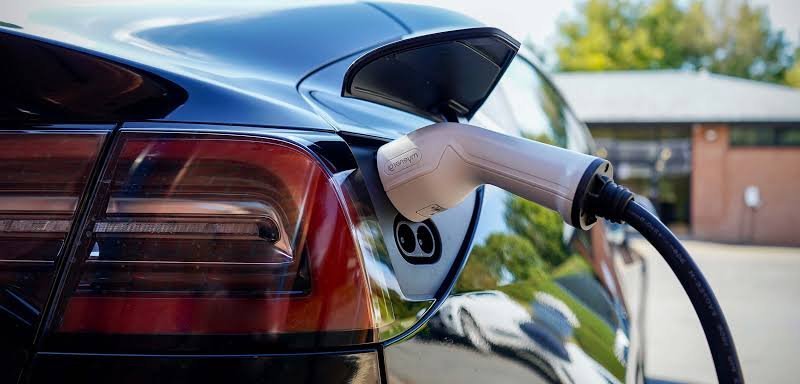Cost of Charging an Electric car Surges by 42% – According to recent data, an electric car user who only uses rapid or ultra-rapid public chargers pays about 18p per mile for electricity, compared to roughly 19p for petrol and 21p for diesel. The motoring organization reported that since May, the average cost per kilowatt hour (kWh) for using the chargers has risen by 18.75p, to 63.29p.
According to the most recent data, a driver who only uses quick or ultra-rapid public chargers pays about 18p per mile for electricity, compared to about 19p for petrol and 21p for diesel. The increase has been attributed to the rising gas and electricity wholesale prices.
People Also Read: Russia Starts Developing Mechanism for International Crypto Payments
RAC spokesman Simon Williams said: “It remains the case that charging away from home costs less than refuelling a petrol or diesel car, but these figures show that the gap is narrowing as a result of the enormous increases in the cost of electricity.” “These figures very clearly show that it’s drivers who use public rapid and ultra-rapid chargers the most who are being hit the hardest.”
Rising domestic energy prices are preventing many people from switching to an electric car, according to an AA survey of 12,500 drivers. Approximately 63% of respondents said they continue to use petrol / diesel vehicles, with 10% saying it is the “main reason” for this.
AA head of roads policy Jack Cousens said: “With domestic energy prices rising, drivers can be forgiven for believing switching to an EV will become expensive quickly. However, the reality is that even with the hike in domestic electricity costs, running an EV is considerably cheaper than a petrol or diesel car.”
People Also Read: Southeast Asia’s Largest Bank DBS Launches Self-Directed Crypto Trading Amid Institutional Demand
According to Mr. Cousens, the government will need to “keep a watchful eye on how energy prices will impact the transition to electrification” because new sales of petrol and diesel vehicles and vans in the UK are scheduled to end in 2030.
According to the Society of Motor Manufacturers and Traders’ most current data, the sharp rise in new pure electric car sales has slowed recently. In comparison to the same period in 2021, there were 102% more registrations during the first three months of this year.




